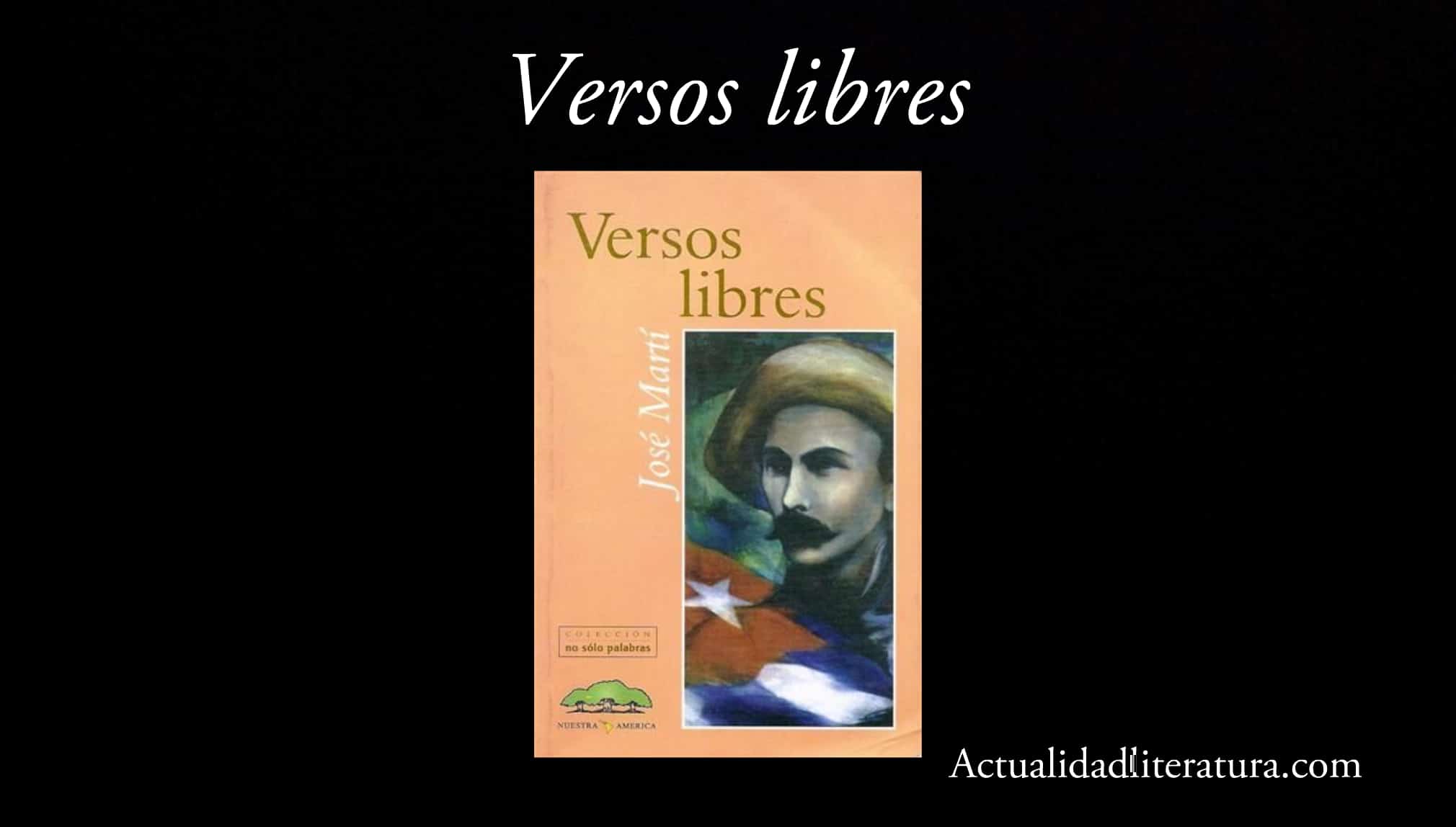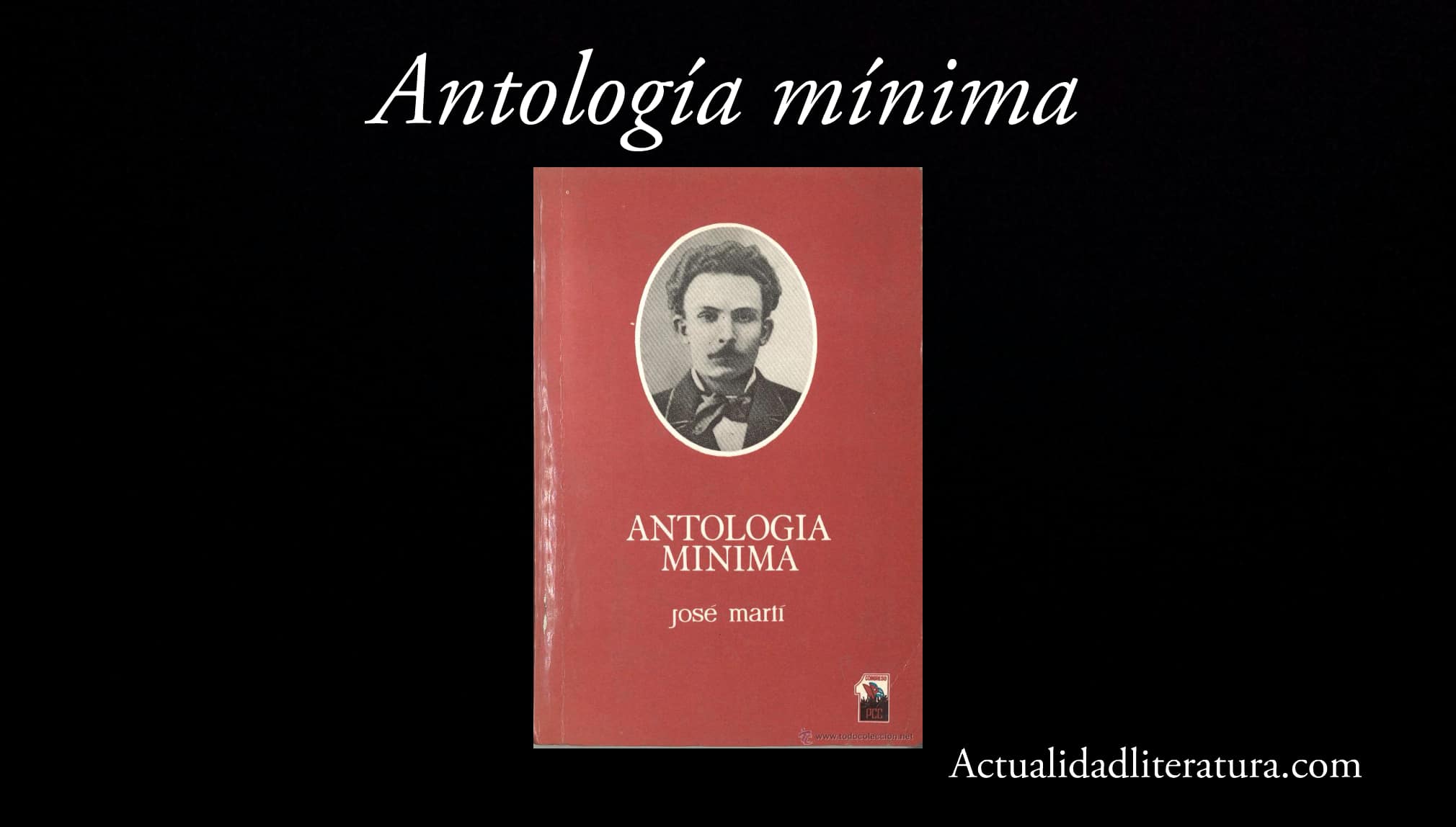
Phrase by José Martí.
José Martí was one of the most prominent intellectuals of American emancipation. Born in Havana on January 28, 1853, he became one of the main bastions of Cuban independence. Many historians even consider him the heir to the anti-imperialist struggle represented at the time by Simón Bolívar.
But beyond his political life - a facet that usually gets all the attention around his name - he was a notorious writer. Particularly, Martí stood out in the elaboration of essays and poems. Which allowed him to deepen his political thought without neglecting the exploration of the territories of human beauty.
Biography
First years
Although he was born under the Caribbean sun, He lived his childhood in Valencia, Spain, the city where his father, Mariano Martí, was originally from. At the age of 13 he returned to Cuba, where he would complete his high school studies. There he would have his first formal approaches to art, when he enrolled in the Professional School of Painting and Sculpture in Havana.
During this stage he experienced his first altercation with the ruling authorities on the island. Specifically, He was charged with treason after the discovery of a letter written by him whose content labeled two fellow students "apostates" for enlisting in the anti-independence army. For this, he was sentenced to six years in prison. But thanks to the efforts of his parents, he was deported to Spain.
Building the legend
In Spain he studied university in Madrid and Zaragoza. In the alma mater of the Aragonese capital he obtained degrees in Civil Law, Philosophy and Letters. At that time, the young José entered the world of journalism as a collaborator in the Diario de Avisos de Zaragoza.
This medium was a publication with a republican position, which was its first formal approach to this line of political thought. Since then he became a "man of the world" ... He traveled from Paris to New YorkHe lived a first period in Mexico and spent a few months in Guatemala.
A longing, a reason for life
With each journey, Martí expanded his perspective on other realities. Likewise, he lived intense love affairs, some of which are reflected in his literary work. Nevertheless, the idea of liberating his country from the Spanish yoke was already crystallized in his mind.
Deported again
In 1878, Already married and with a son, José Martí returned to Cuba with the firm intention of forcing the country's independence. For this purpose, he founded the Cuban Central Revolutionary Club and a year later the so-called "little war" was unleashed. This short armed insurrection was the second independence attempt against the Spanish crown.
The revolt was quickly controlled. Martí was captured and sent once more into exile (to New York). But there was no turning back. Not even the fact of meeting with his wife and son in the American city distracted him from his long-awaited goal: Cuban independence. A purpose that ended up costing him his life and, therefore, he never saw it accomplished.
A celebrity
During the 1880s, José Martí acquired considerable fame in much of Latin America. A circumstance derived from his maturity as an essayist. Of course, his publications in prestigious newspapers and magazines of Latin America they had an enormous weight. Apart, of course, from his participation in pro-independence activities in one of the last Spanish colonies overseas.

Free verses.
You can buy the book here: No products found.
For a brief period he was in Caracas, Venezuela. His plan was to coordinate from the southern Caribbean Sea, a whole series of conspiracies to overthrow the colonialists who remained firm in Cuba. However, he was forced to return to the Big Apple after President Antonio Guzmán Blanco expelled him from the country for an essay of his published in the Venezuelan Magazine.
The literary work of José Martí
Despite the political bustle that marked his life, José Martí always found time to write. In addition to essays, his work includes poetry, short stories, theater and even a novel. The former are the best known, since many of them in caused true isms when they were published due to the style of written composition.
Our America
One of the most famous publications of José Martí is Our America. This title appeared during January 1891 in the New York Illustrated Magazine and in the Newspaper of the Liberal Party of Mexico. This text represents the model of what a "modernist essay" is.
In other words, the style of Our America is the perfect conjunction of profound existentialist reflections ("Earthly", but not spiritual, in the "classical" sense of this term). In combination with a prose as exquisite as it is explanatory, which, far from "sweetening" the content, gives it an overwhelming force.
A double-edged legacy
Our America to a large extent it sums up the body of “Martinian” opinions (clearly anti-imperialist). Therefore, he questions Americans for taking exclusively the right to call themselves "Americans." Equally, advocates the union of all Latin American countries as the only way to face what it considers the new threat (the US) for the region.
In consecuense, Martí proved to have a fairly accurate vision, capable of anticipating many of the events to come. once Spanish colonialism was overcome. Logically, this "anti-Yankee" doctrine has been "hijacked" by many leaders of the Latin American left to justify their permanence in power until today.
Poems by José Martí
I thought of you, of your hair
I thought of you, of your hair
that the shadow world would envy,
and I put a point of my life in them
and I wanted to dream that you were mine.
I walk the earth with my eyes
raised - oh, my eagerness! - to such a height
that in haughty anger or miserable blushes
the human creature lit them.
Live: -Know how to die; that's how it afflicts me
this unfortunate search, this fierce good,
and all the Being in my soul is reflected,
and searching without faith, of faith I die.
Cultivate a white rose
Cultivate a white rose
in June like January
For the honest friend
who gives me his frank hand.
And for the cruel that tears me away
the heart with which I live,
Thistle or nettle cultivation;
I grow the white rose.
Precursor of Modernism

Minimal anthology.
You can buy the book here: No products found.
While he became the Cuban “apostle of independence”, Martí not only gave himself his space to write. He also analyzed the stylistic and aesthetic forms most used in his time, especially in poetry. In fact - as a kind of metaphor for his political thought - he defended creative freedom over classical methodology.
The unjust and inevitable ideological paradox
Probably his "anti-imperialist" positions have been a palliative for those "scholars" who seek to take away its significance within modernism and literature in general. But in any case, they will always be subjective and, to some extent, unfair statements. Because José Martí acted heroically according to the historical needs of his Nation.
How can he control those who have used his thinking to benefit themselves? Do the politicians who so much proclaim the "Martinian" ideas really act in congruence? Ideological positions on the sidelines, It cannot be taken away from its preponderant place in the history of modern Latin American literature..